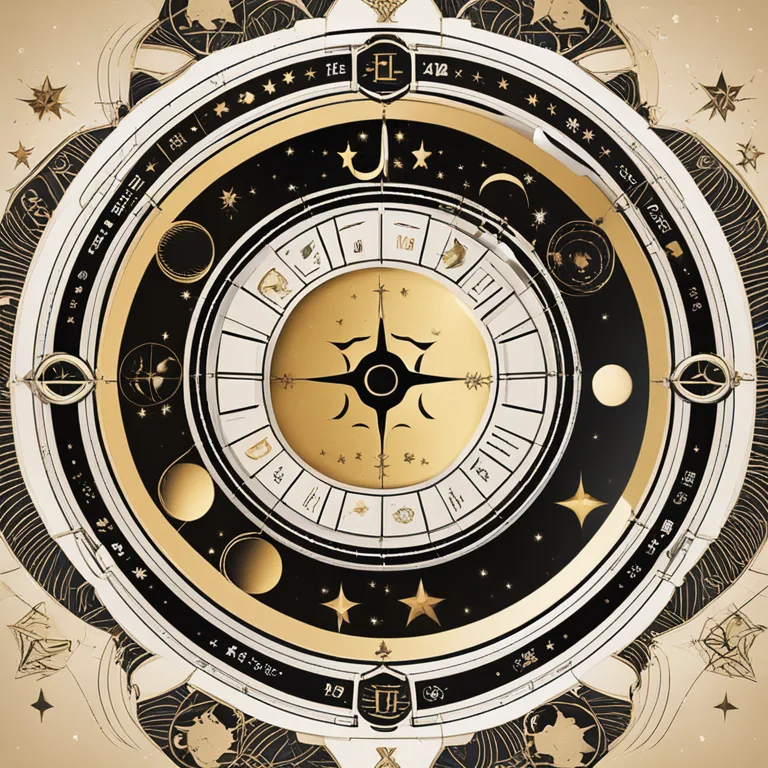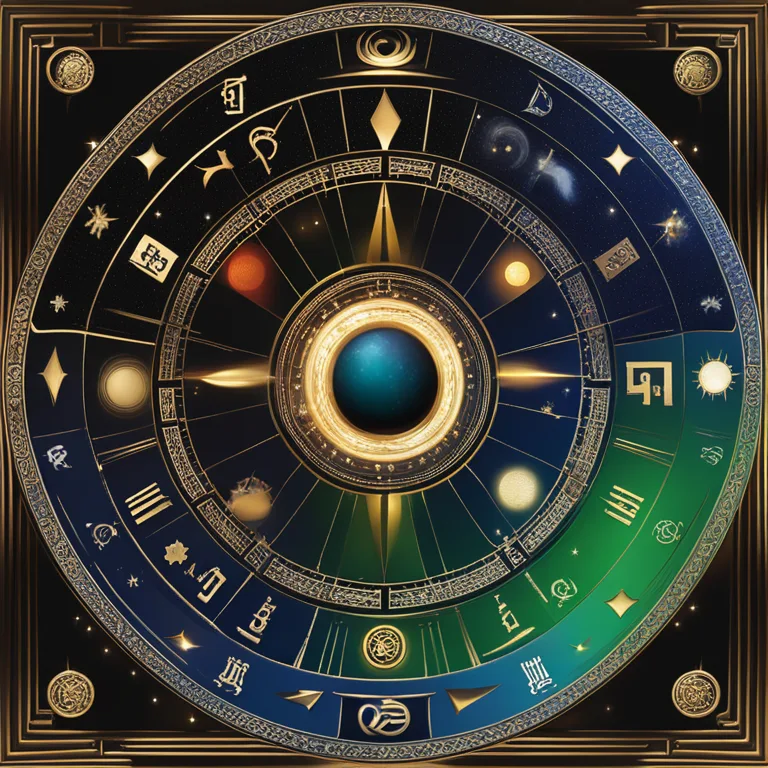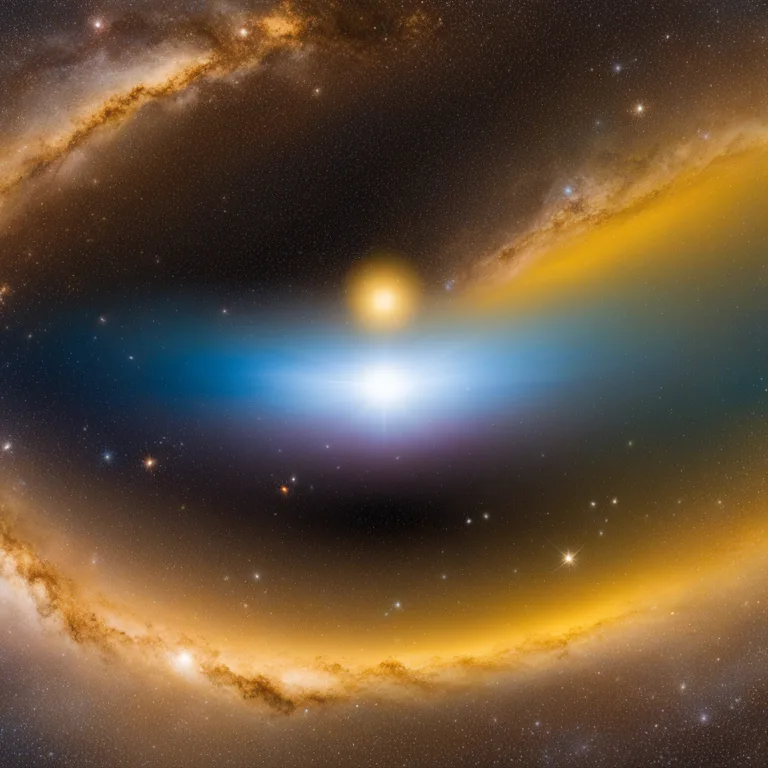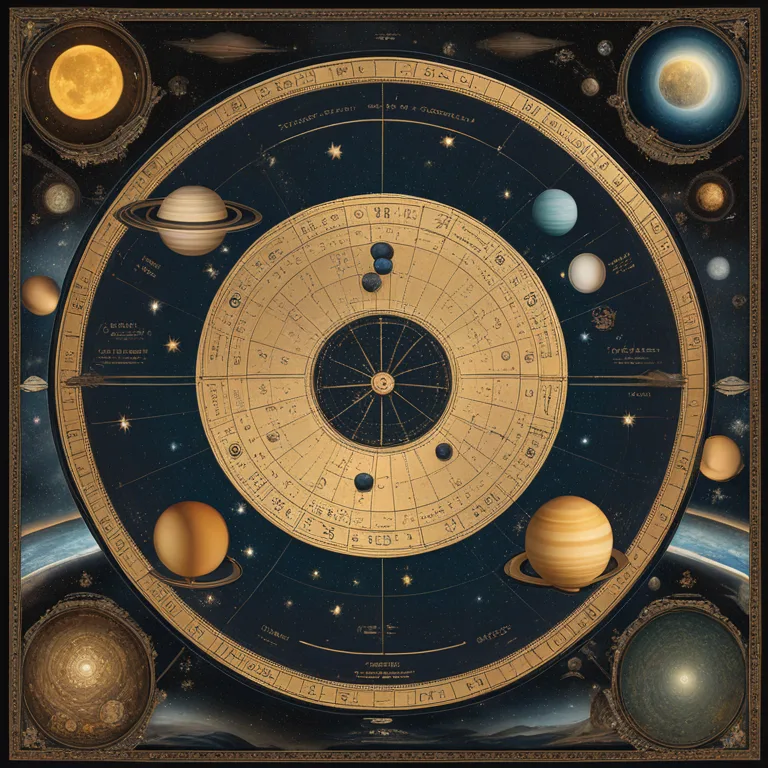
Astrology vs Astronomy: Distinguishing the Celestial Sciences
Explore the differences and similarities between astrology and astronomy to better understand their unique contributions to our knowledge of the cosmos.
article by Priya Deshmukh
A Tale of Two Cosmos
Astronomy and astrology share a celestial canvas but paint very different pictures. Astronomy is the scientific study of celestial bodies like stars, planets, and galaxies, exploring the universe's vast expanse through observation and theory. It seeks to understand the physical laws that govern cosmic phenomena, offering insights into the origin, evolution, and fate of the universe. Astrologers, on the other hand, interpret the positions and movements of these celestial bodies as influencing human affairs and natural events. Their practice is steeped in tradition, symbolism, and the belief that the cosmos reflects a synchronous connection with our inner world.

Astronomical Advancements
The field of astronomy has advanced our understanding of the cosmos immensely. With the development of powerful telescopes and space exploration, astronomers observe the farthest reaches of space and time. From the discovery of exoplanets and black holes to studying the cosmic microwave background radiation, the discipline has made strides in grasping our place in the universe. Notably, in 2024, the James Webb Space Telescope (JWST) is expected to continue revolutionizing our understanding of the early universe and the formation of galaxies.

Astrological Insights for 2024
While astronomy pursues empirical knowledge, astrology provides a more personal perspective to the cosmos. In 2024, astrologers highlight significant planetary transits, such as Jupiter entering Taurus, symbolizing a period of growth and stability in financial and environmental matters. Additionally, the rare alignment of Saturn in Pisces, which occurs approximately every 29 years, suggests a global emphasis on empathy and spiritual growth, urging individuals to connect deeply with their intuitive side.

Astrology in Modern Times
Astrology has seen a resurgence in modern times, particularly with younger generations who find its personalized insights and ancient wisdom appealing. Astrological services, including birth chart readings, horoscopes, and compatibility tests, cater to a desire for self-understanding and guidance. In the digital realm, apps and websites dedicated to zodiac signs and astrological forecasts make accessibility to this mystical practice easier than ever.

The Scientific Divide
The principal divide between astrology and astronomy stems from the scientific method. Astrology, lacking empirical support, falls outside the realm of science. Astronomers are wary of astrology's lack of testable hypotheses and reproducibility. Yet, it's worth noting that early astronomers such as Galileo and Kepler also practiced astrology. Over time, as the scientific method became paramount, the two fields diverged, leading to the astronomy we know today—an empirical science spearheaded by evidence and rigor.
Cultural Significance and Coexistence
Regardless of scientific recognition, astrology maintains cultural significance. Its human-centric approach offers comfort and counsel that astronomy's objective analysis does not. Perhaps there is room for both to coexist, as each answers different human quests—one for factual cosmic knowledge, the other for existential and reflective insights. As society evolves, so too does its relationship with the stars, whether that's through the lens of a telescope or the interpretation of a natal chart.
Published: 12/29/2023
Modified: 12/29/2023
More predictions
Come back here soon to learn more about yourself and your future


The Essence Of Your Birth Chart Wheel
Delve into the layers of your personality by understanding the key components of your birth chart wheel, an astrological tool for self-discovery.


Birth Chart: The Powerful Role of Jupiter
Explore the powerful role of Jupiter in astrology and its profound impact on our personal growth, luck, and life philosophy in the birth chart.


Asteroids & A Birth Chart: Cosmic Insights
Delve into the role of asteroids in astrology and discover how these celestial bodies influence your birth chart and personal journey.